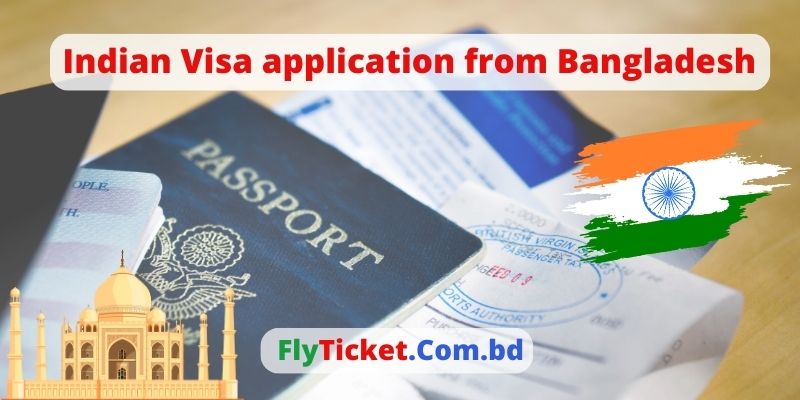India, one of the world’s fastest-growing economies, is a hub for international business and trade. With a diverse market, skilled workforce, and rich cultural heritage, it offers ample opportunities for business travelers. However, to explore these opportunities, obtaining the appropriate visa is essential. This article outlines the types of visas available for business travelers, the application process, and essential tips for a successful trip.
Types of Indian Visas for Business Travelers
Business travelers to India typically require a Business Visa (B Visa). Indian Visa for BUSINESS TRAVELERS This visa is specifically designed for individuals traveling to India for various business-related activities, including:
Attending business meetings and conferences: Business travelers can engage in discussions, negotiate contracts, or attend trade fairs.
Exploring business opportunities: This includes market research, establishing contacts, and assessing potential partnerships.
Setting up a business: Foreign nationals looking to establish a business presence in India can use this visa to complete necessary formalities.
Participating in business exhibitions: Business visas are required for attending or exhibiting at trade fairs and exhibitions.
In addition to the Business Visa, India also offers an e-Visa option for short-term business travel, which allows for a more straightforward and expedited application process.
Application Process
Determine the Type of Visa Required
Before applying, assess the purpose of your visit to determine whether you need a Business Visa or an e-Visa. For longer stays or more complex business engagements, a traditional Business Visa may be necessary.
Gather Required Documents
To apply for a Business Visa, you typically need the following documents:
Passport: A valid passport with at least six months of validity and blank pages for visa stamping.
Visa application form: Complete the online visa application form on the official Indian government website.
Photograph: A recent passport-sized photograph as per the specifications outlined in the application guidelines.
Invitation letter: An invitation from an Indian business partner or organization detailing the purpose of the visit.
Business registration documents: Proof of your business or employment, such as a company registration certificate or a letter from your employer.
Financial documents: Evidence of sufficient funds to support your stay in India.
Submit the Application
Submit your visa application along with the required documents to the Indian embassy or consulate in your country or through the online portal for e-Visas. Pay the visa fee, which varies based on the visa type and processing time.
Attend an Interview (if required)
In some cases, you may be required to attend an interview at the embassy or consulate. Be prepared to answer questions about your travel plans and the nature of your business.
Tips for a Successful Business Trip
Plan Ahead: Start the visa application process well in advance to account for processing times and any potential delays.
Know the Regulations: Familiarize yourself with India’s business laws and regulations to ensure compliance during your visit.
Network: Utilize networking opportunities to establish connections and build relationships in the Indian market. Indian Visa HOW TO READ DATES
Cultural Awareness: Understanding Indian culture and business etiquette can greatly enhance your interactions and negotiations.
In conclusion, obtaining the appropriate visa is a crucial step for business travelers looking to explore opportunities in India. By understanding the types of visas available, the application process, and essential tips for a successful trip, business travelers can navigate their journey with ease and make the most of their time in this dynamic market.

